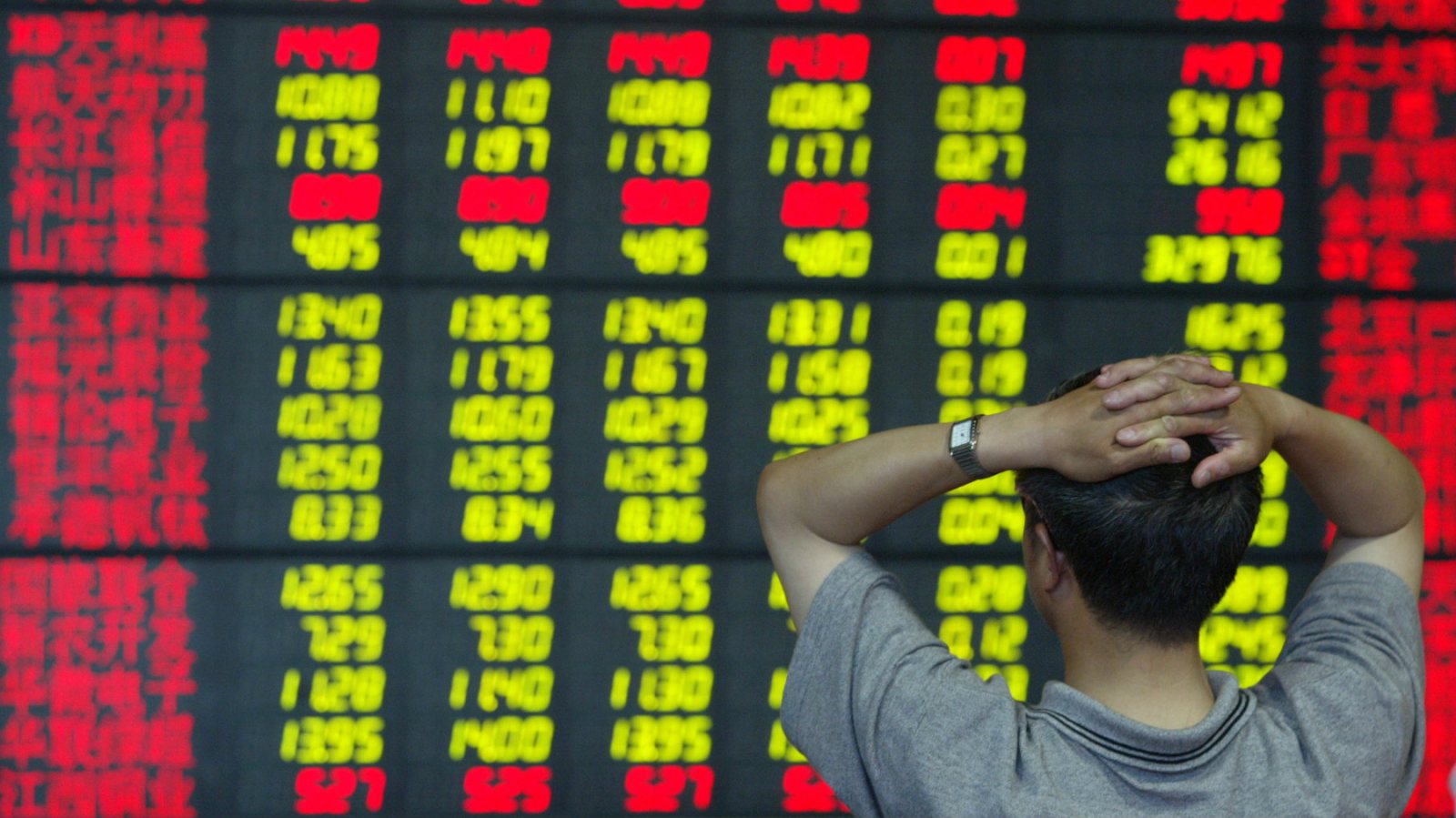Mainland China’s leading stock index has fallen 7% as a rally in Chinese equities that began in late September fizzles.
The CSI 300 index closed 7.05% lower on Oct. 9, snapping a 10-day winning streak and bringing an end to a rally that had seen the bourse rise nearly 30% since the end of September.
The selloff in mainland China coincides with a steep downturn in Hong Kong’s Hang Seng index. On Oct. 8, the Hang Seng fell nearly 10% for its worst one-day performance in 16 years.
The reversal in Chinese equities comes after the government in Beijing failed to provide any new stimulus measures for the nation’s slumping economy.
Chinese stocks took off like a rocket a month ago after the government unveiled stimulus measures that included mortgage rate cuts to support the housing sector, the reduction of bank capital requirements to boost lending, and money to help companies’ buyback their own stock.
Foreign investors flooded into China, pushing the country’s stock exchanges to their highest levels in nearly five years.
However, the failure by Beijing to provide additional stimulus for the economy has clearly disappointed investors and sent Chinese equities downward as a result.
Some analysts say they still expect China’s government to announce more stimulus to boost an economy that is suffering from weak consumer spending and a debt crisis in the property sector.
But the timing of any additional stimulus measures remains unclear.

